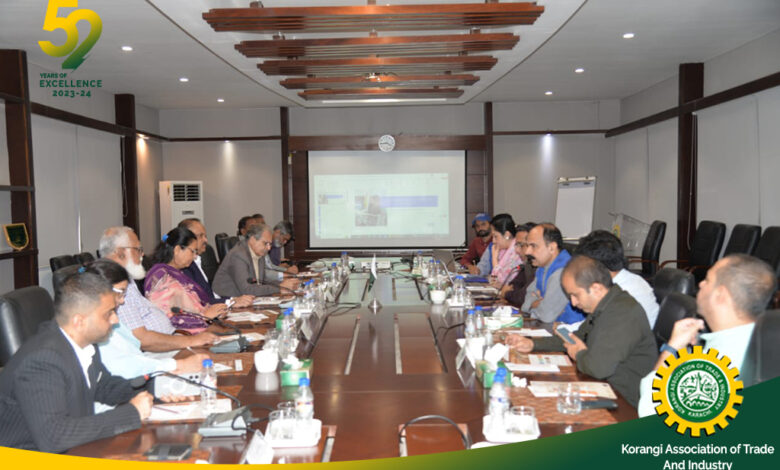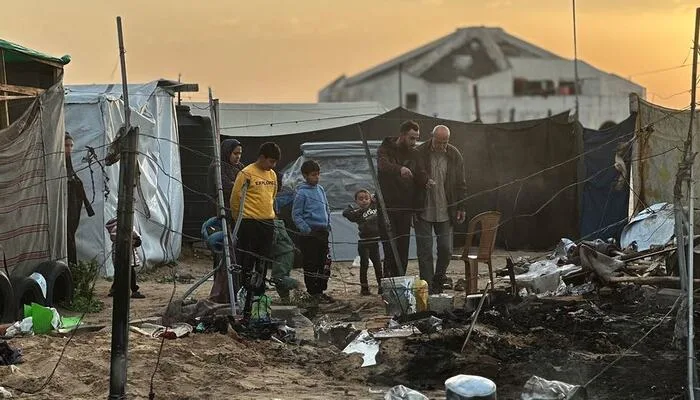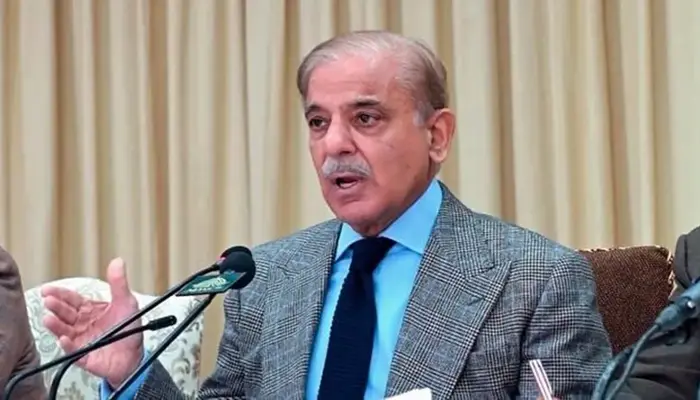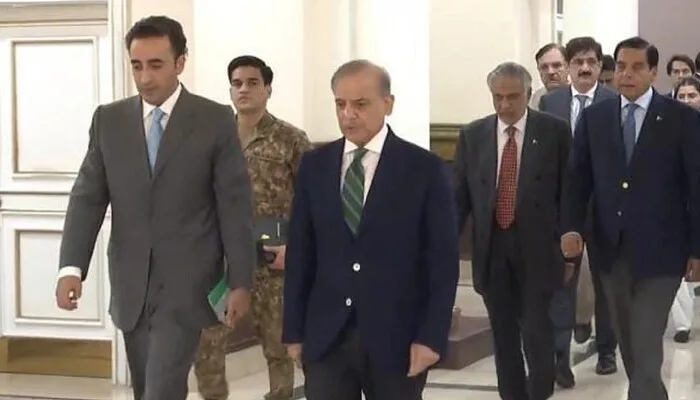
The Korangi Association of Trade and Industry (KATI) has formally declared its support for the nationwide traders’ strike set to take place on August 28, 2024. The announcement was made in a joint statement by key figures within KATI, including President Johar Qandhari, Deputy Patron-in-Chief Zubair Chhaya, Senior Vice President Nighat Awan, Vice President Muslim Mohammadi, and various members of the Executive Council. The leadership called on the government to urgently address the pressing demands of the business community, warning of the severe consequences if these issues are not resolved.
Central to the concerns raised by KATI is the overwhelming tax burden and soaring electricity prices, which they argue are crippling businesses across the country. The association’s leadership also highlighted the need to renegotiate contracts with Independent Power Producers (IPPs), which they claim are a significant factor in the inflated costs of electricity. In particular, KATI has been vocal about the abolition of additional charges such as the Power Holding Limited (PHL) surcharge on electricity bills, which has disproportionately affected businesses in Karachi.
President Johar Qandhari spoke out about the hardships that businessmen and industrialists are currently facing amid an escalating economic crisis. He pointed out that the relentless increase in operational costs, driven by high taxes and utility bills, is pushing many businesses to the brink of closure. Qandhari emphasized that the government must take swift action to alleviate these pressures if it wants to prevent further economic deterioration.
“The business community is the backbone of Pakistan’s economy,” Qandhari stated. “However, the current environment is unsustainable, and without immediate relief, many businesses may not survive. We urge the government to take our demands seriously. If the legitimate concerns of the business community are addressed, we are ready to play our part in stabilizing and improving Pakistan’s economy.”
KATI’s leadership stressed that the traders’ strike is not just a protest but a desperate plea for survival. The association has reiterated that the business community is willing to support the government in its efforts to revive the economy, but only if their demands are met. They believe that reducing the tax burden, lowering electricity prices, and revising energy contracts are essential steps toward economic recovery.
In addition to these economic concerns, KATI also pointed to the broader implications of the current crisis. The association warned that the continuous neglect of the business sector could lead to widespread unemployment, further exacerbating the social and economic challenges faced by the country. The leadership argued that a thriving business community is essential for job creation, investment, and overall economic stability.
The traders’ strike on August 28 is expected to garner widespread participation, with many other trade and industry associations across Pakistan expressing similar grievances. As the date approaches, the government faces increasing pressure to respond to the demands of the business community and avert a potential economic crisis. The outcome of this standoff will likely have far-reaching consequences for Pakistan’s economic future.
KATI’s support for the strike signifies the growing frustration within the business community, and its leaders are hopeful that this collective action will prompt the government to take meaningful steps toward resolving the issues at hand. For now, all eyes are on the government’s response and the potential impact of the upcoming strike.
Tags: Israel and Palestine, Telegram CEO, IMF
Follow us on Instagram, YouTube, Facebook, Whats App, and TikTok for latest updates.
















